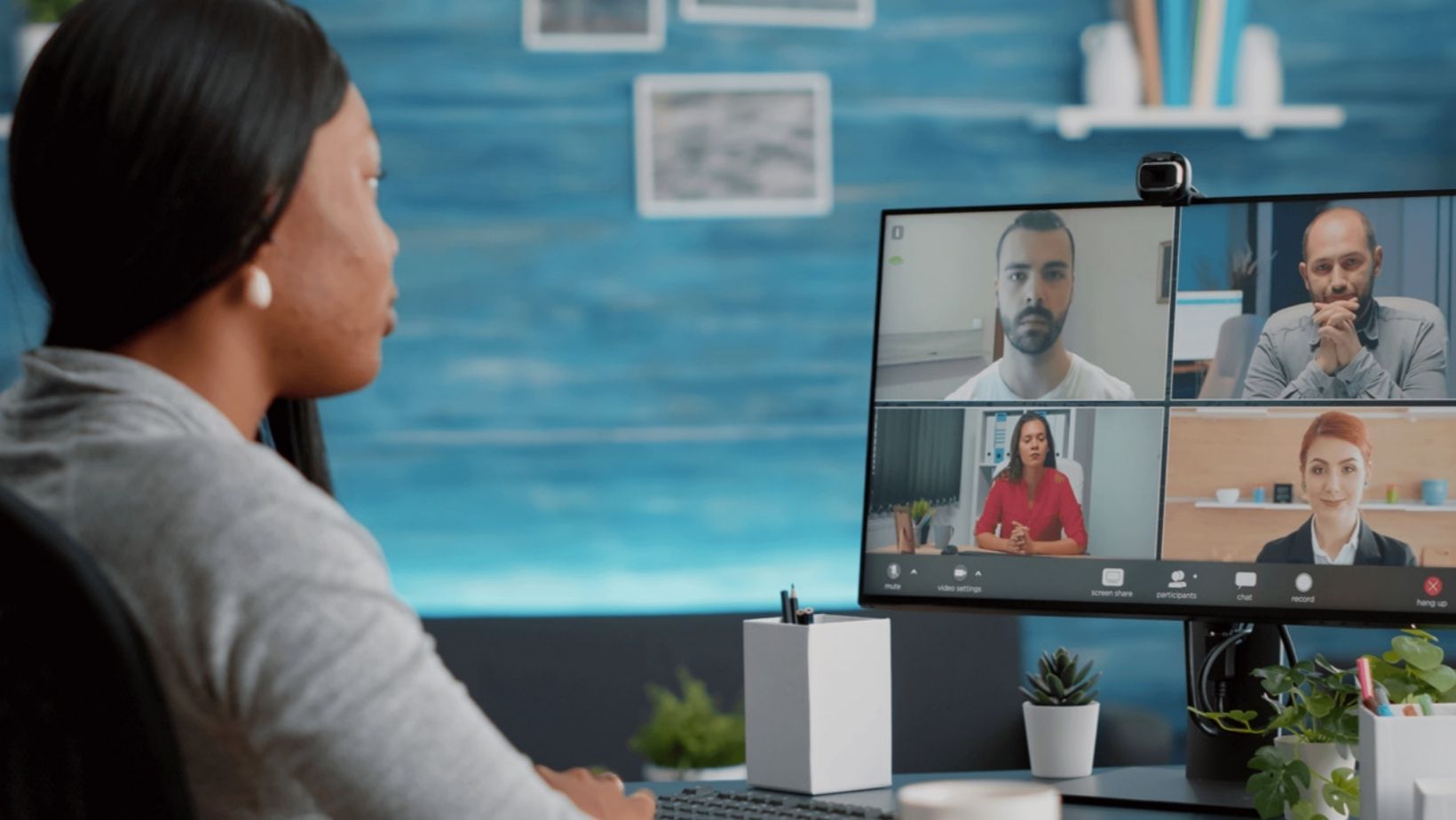The top B2B tech trends to watch in 2021
In response to the chaos and disruption caused by COVID, in 2021 we can expect to see technology being used to help us navigate our way out of the pandemic and set us on the path to recovery. To help you prepare for what’s ahead, we’ve gathered the top B2B tech trends of 2021.
Is your data agile and adaptive?
One thing that will remain constant throughout 2021 is change. Businesses that are set to react and adapt quickly to change are more likely to succeed. And with the pace of change driving digital transformation at speed, data also needs to be readily available and up-to-date to keep up. Gartner describe ‘intelligent composable businesses’ as organisations with better access to data, insights and the ability to respond quickly to those insights.
Data also needs to be adaptive and tuned for machines rather than humans according to Deloitte. As machine learning takes over, older data models and infrastructure designed to support decision-making by humans rather than machines will slow down progress. Organisations need to disrupt the end-to-end data management chain by deploying new technologies and approaches. These include advanced data capture and structuring capabilities, in-depth analytics to identify connections between random data sets and next-generation cloud-based data stores. These all help to support complex modelling. Essentially, the aim is to allow for growing volumes of data to be agile and adaptive, ready for machines which can then be evolved to make real-time and scalable decisions that humans cannot.
AI or machine learning — place your bet
Machine learning is set to rapidly take over as the driver of organisational performance due to its ability to discover patterns and anomalies, generate insights, and make intelligent predictions and decisions. However, according to Deloitte, many organisations are suffering from clunky development and deployment processes that slow down experimentation and collaboration amongst product teams, operational staff, and data scientists. The solution for 2021? A combination of engineering and operational discipline to drive business transformation known as machine learning operations – MLOps. MLOps is the application of development operations tools and approaches to industrialise and scale machine learning. This ranges from development and deployment through to ongoing maintenance and management.
It’s important to recognise though that as machine learning develops, AI will not stand still. Bain predict the next trend in AI as “edge AI” – a network infrastructure which makes it possible for AI algorithms to run on the edge of a network, closer to or on the device collecting the data. With the shift to home working and changes in network traffic, edge AI is set to accelerate due to its ability to preserve bandwidth and increase efficiency by processing information much closer to the devices that require it. This reduces latency issues and accelerates the generation of insights while lowering cloud services usage and connectivity costs and disruption.
AI engineering is also shifting to incorporate itself within DevOps, rather than sitting as a separate entity, with the aim to increase the value of AI projects and reduce issues of governance, scalability and maintainability. Gartner predict that the operationalisation of AI will allow for more responsibility and accountability when it comes to trust, ethics, fairness, interpretability and compliance.
Get ready for the inevitable crackdowns
Big tech crackdowns are springing up everywhere for large companies within the UK and US. It’s not a surprise that governments are therefore ready to implement new acts, code of conducts, legislation and penalties to regulate large tech companies, with the main focus on increasing competition and data privacy (BBC). But it’s not just governments set to strike. As cyberattacks increase and undermine the current approaches to cybersecurity, Gartner recognise that the threat has expanded due to the increase of a remote workforce. In 2021, a cybersecurity mesh that allows the identity of a person or thing to define the security perimeter is paramount.
Deloitte turn to the growing trend of ‘zero trust’ to implement this mesh – where every access request should be validated based on all available data points, including user identity, device, location, and other variables. Data, applications, workloads, and other resources are treated as individual, manageable units to contain breaches, and access is provided based on the principle of least privilege. Automation and engineering are required to properly implement zero trust security architectures and can help strengthen security posture, simplify security management, improve end-user experience, and enable modern enterprise environments.
The same goes for data – 2021 is set to be the year for blockchain to take centre stage. According to The Drum, as decentralised finance continues to grow over the next few years, and increased demand for online financial products, it will need to constantly address the balance between decentralisation, security and scalability. Government bodies are incorporating blockchain for their activities, which suggests the regulation surrounding blockchain will become ever more key. With the likes of Google Cloud taking steps to become a network block producer, it won’t be long before blockchain will be the new norm.
Operate anywhere
With the increase of home working set to continue into 2021, we’re not going to see the use of collaboration technology diminish anytime soon. Deloitte suggest that as companies further embrace home working approaches, the digital workplace’s deficits can be counteracted by embracing its positive aspects, including the data generated by workers own tools and platforms, and being able to monitor staff productivity. These can help organisations optimise individual and team performance, as well as customise the employee experience with personalisation, enabling remote work to be more productive and cost-effective than traditional offices.
Gartner agree that an anywhere operations model will remain after the pandemic is over. The “digital first, remote first” model should be the default for business going forward and even physical spaces should be digitally enhanced. Both Gartner and the BBC refer to the contactless check-out system in physical stores as an example for 2021. Doors have also opened to a new remote working market for tech firms to exploit. The BBC expect more packages to be offered by internet service providers and tech firms, as well as enhanced security options, IT support and collaboration software.
Equality with technology
With companies embracing, or at the very least introducing diversity, equality, and inclusion (DEI) as one of their business imperatives for 2021, the need for strategies that address bias and inequality are set to grow. Deloitte note that while HR often lead DEI strategies, technology leaders are required to play a critical role in designing, developing, and executing tech-enabled solutions to address increasingly complex DEI challenges. Deloitte expect to see a rise in organisations adopting new tools that incorporate advanced analytics, automation, and AI. These include natural language processing and machine learning, to help inform, deliver, and measure the impact of DEI effectively and reduce bias.
Keep your finger on the pulse with health tech
Health tech is set to soar in 2021 and beyond as rapid acceleration of health data collection gives the industry a huge opportunity to utilise emerging digital capabilities. These include AI and Machine Learning to improve treatment and care. We’ve already seen how they were critical in creation of the vaccine, as well as in contact exposure tech, and models to calculate transmission rates. Health care apps are set to dramatically increase in users and health tech start-ups are likely to start popping up in droves. The Drum predict health tech will become instrumental in helping us all manage our personal wellbeing, as well as the quality of work for medical staff, and saving lives.
In summary…
Whilst technology trends are set to drive continued disruption, they are also key opportunities for businesses. Organisations who can embrace a ‘digital first’ approach will see themselves recover more quickly in 2021 and thrive in the years to come. The same can be said for organisations who are able to respond quickly, build resilience and adapt with pace – in other words those with agility.
Interested in finding out how agile marketing can increase your ROI and align with your business goals? Book in a virtual cuppa with one of our agile marketing experts – we specialise in working with clients from the IT industry: hello@brightinnovation.co.uk.

